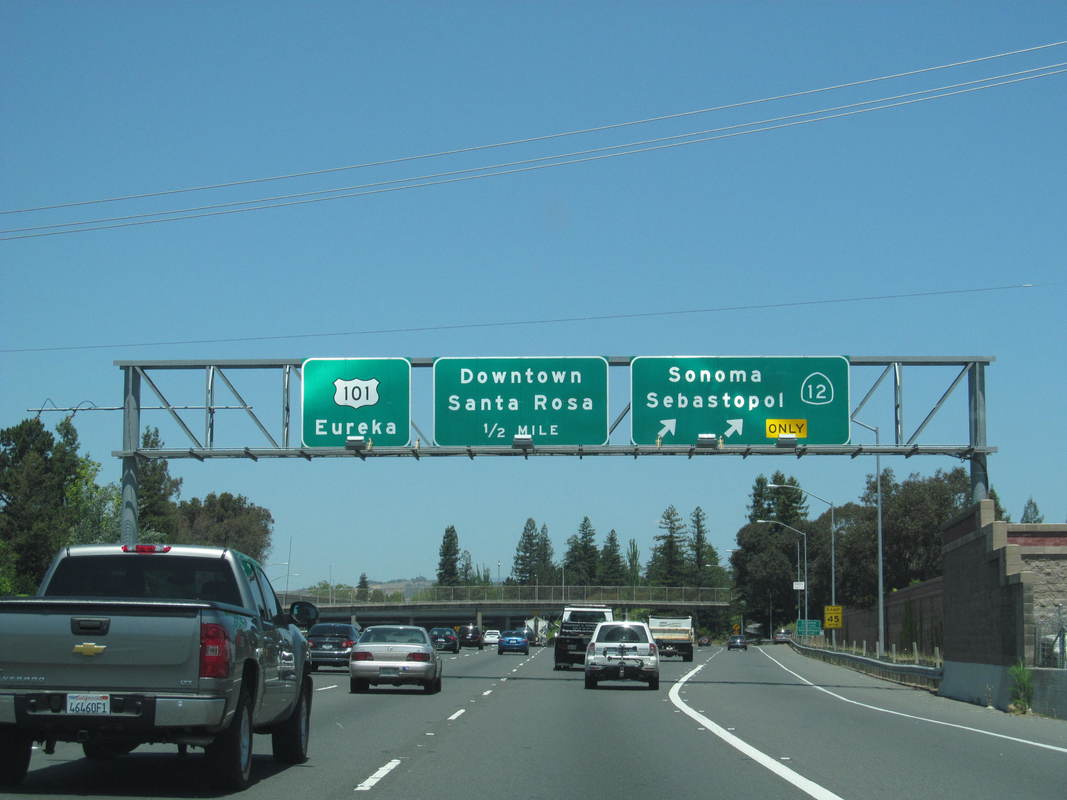|
California adopted legislation that allows the state to parole some categories of very ill prisoners[1] before the end of their sentence.[2] This system was recently expanded in 2014 as part of the State’s on-going efforts to reduce prison overcrowding.
Under the program, prison medical staff are responsible for assessing prisoners for potential release, looking to whether the inmate suffers from “a medical condition that renders him or her permanently unable to perform activities of basic daily living, and results in the prisoner requiring 24-hour care.”[3] Generally, these inmates are those who have been diagnosed as having six months or less left to live. Although it is prison medical officials who are primarily responsible for initiating referrals into the compassionate release program, prisoners themselves, a prisoner’s family, or any other appropriate agent of the prisoner can ask the prisoner’s primary care provider to conduct an evaluation as to whether “the prisoner meets the criteria for medical parole.”[4] If the prisoner’s application is approved by the prison’s Chief Medical Executive, the application will then be evaluated by a Classification and Parole Representative, this time looking to the level of dangerousness the prisoner poses if released. From there, the application will need additional approval from either the warden or chief deputy warden. After review by the warden, the case is next reviewed by the Board of Parole Hearings (BPH). This office looks once more to the inmate’s potential dangerousness. This time, however, the case is debated in a hearing format, heard by a two- or three-person panel, and the inmate is entitled to legal representation. The inmate is able to hire an attorney to represent him or her, or will have a criminal defense lawyer appointed. The BPH states that it expects to be able to hold a hearing between 45 and 120 days after receiving the referral from the prison. If the panel decides to grant a medical release, the BPH will review the decision made be the panel at the same time that prison staff work to locate a nursing facility able to take the prisoner. Concerns to the community? In order to address concerns from the community, inmates released as part of the compassionate release program may be subject to the certain conditions on their release. These conditions can include electronic monitoring and physical examinations. Should the parolee violate any conditions of release, pose a danger to the community, or recover to the point where he or she is no longer qualified for medical parole, the parolee can be returned to prison. Comments are closed.
|
AuthorDevina strives to make information relevant to the lives of her clients easily accessible. Archives
July 2024
Categories
All
|
Proudly serving Sonoma, Marin, Napa, Mendocino and Lake Counties (and occasionally venturing as far as Yolo, Santa Clara and San Mateo Counties).
Proudly powered by Weebly
This website is for informational purposes only and does not provide legal advice. Do not act or refrain from acting based on anything you read on this site. Using this site or communicating with the Law Office of Devina Douglas through this site does not form an attorney/client relationship. This site is legal advertising. Please review the full disclaimer for more information. (LINK TO FULL DISCLAIMER PAGE)

 RSS Feed
RSS Feed




